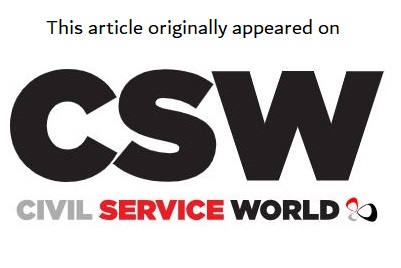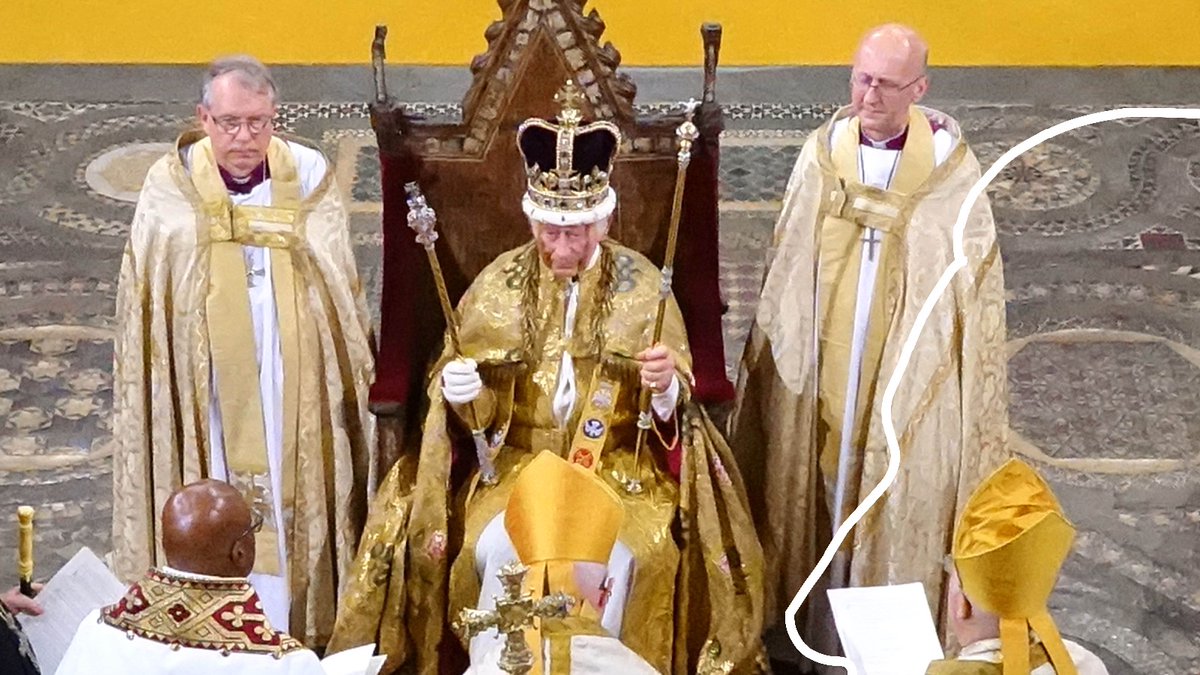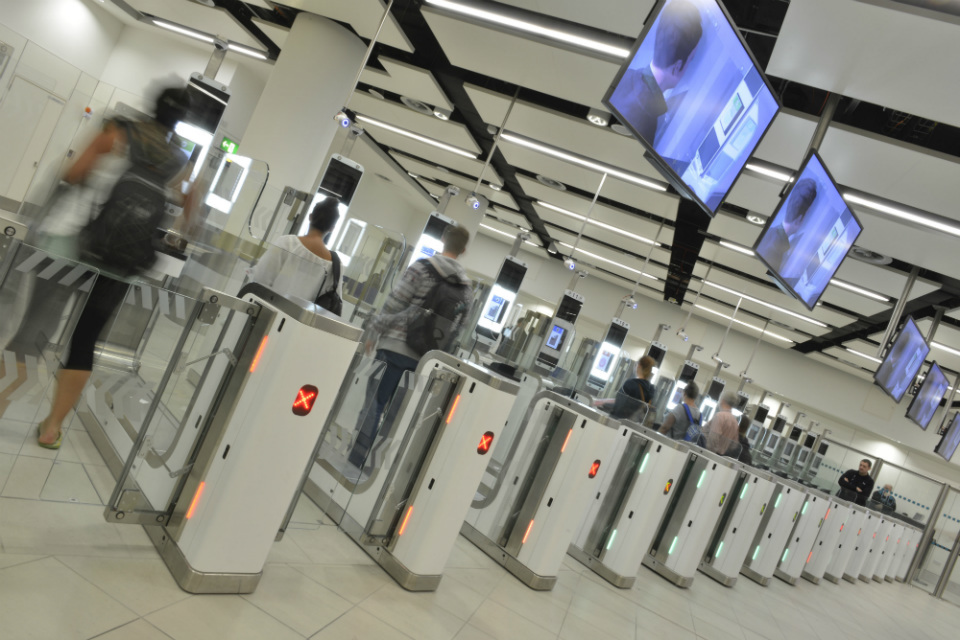Cabinet Office head and civil service COO Alex Chisholm reveals that government found it ‘too difficult’ to create a centralised hub for consultancy, but praises the increase in tech expertise
Cabinet Office permanent secretary Sir Alex Chisholm has acknowledged that plans to create an in-house consultancy hub for the civil service to reduce spending on external specialists proved “too difficult”.
But the departmental chief, who also serves as civil service chief operating officer, added that a growing number of officials throughout departments with high levels of technological expertise has enabled government to reduce by £400m its annual spending on consultants.
In evidence recently given to parliament’s Public Accounts Committee, Chisholm said that overall government expenditure on consultants had fallen from £1.6bn in 2021-22 to £1.19bn in 2022-23.
He said the roughly £400m year-on-year reduction was evidence of “very close attention to value for money” and “trying to reduce reliance on external consultants”. The perm sec added that the “flip side” had been building up internal resources.
“We’ve been able to increase, over that year, by several thousand the number of people in government with deep skills in digital, data and technology,” he said.
His admission about the challenges in establishing an internal consulting unit, meanwhile, came amid questions about work to reduce government’s consultancy spend.
Proposals for the Crown Consultancy were first aired in 2020, with a pilot running the following year. In May 2021, the Cabinet Office announced that it would create a 60-person Government Consulting Hub as a “centre of expertise” for management consultancy.
Although the hub launched, it closed at the end of January last year – when a requirement for government bodies looking to secure Cabinet Office approval for contracts with a duration of more than nine months or costs exceeding £600,000 was also dropped.
Asked about the Crown Consultancy, Chisholm said it had been “an experiment” to see whether a group of people with consulting backgrounds and skills could work within government as a substitute for consultants.
Related content
- ‘Better, smaller and fairer’ – Cabinet Office taps £50k consultancy to ‘turbocharge’ transformation
- DCMS annual consultancy outlay quadruples in past two years
- Shadow chancellor Reeves pledges Labour would cut government consultancy spending in half
“We found that quite difficult to do, partly because the range of different activities that government undertakes is hard to replicate in a small hub of consultants, even though they were very good,” he said. “Also, the highest value-add from their activity was in the kind of triage function.”
Chisolm, who is shortly to leave government to be replaced in his role by current Treasury second permanent secretary Cat Little, said the “triage” he was referring to meant questioning the need for particular courses of action involving consultants; paying closer attention to exactly which parts of a project needed to be outsourced to consultants; and making sure there is “knowledge transfer” to civil servants when consultants are used.
The perm sec told MPs that the government’s Consultancy Playbook, which launched in spring 2021 with input from the Crown Consultancy pilot, had “embedded” the practices that departments are now required to follow in relation to the use of consultants.
Chisholm said that the easing of departmental reporting requirements on consultancy spending had been a “more proportionate” approach that allowed higher-value contracts to get greater scrutiny.
“That level of control, it has a cost, it has a value,” he said. “We looked hard and said: could we have as many of the benefits as possible with a reduced cost?”
Chisholm said “enormous amounts” of time and money were being spent on the Cabinet Office sign-off process, when in many cases consultancy spending had already gone through departmental sign-off and been assessed by the relevant department’s investment committee.
He said the volume of contracts subjected to Cabinet Office controls had been reduced by 80% without significantly affecting the total value of contracts looked at. Chisholm said an auditor study last year had found more attention was being given to bigger, riskier cases as a result of the change.
“I’m actually pleased with that as an improvement in the system of control we’ve put in place,” he said.
‘Effect on morale’
Chisholm was asked about comments by former government efficiency minister Lord Theodore Agnew, who in 2020 notoriously said the civil service was being “infantilised” by the use of consultants.
Agnew quit government in early 2022 in protest at what he described as the reluctance of the Department for Business, Energy and Industrial Strategy and the Treasury to more actively clamp down on fraud in pandemic-related support schemes.
Chisholm said Agnew, whose ministerial brief spanned the Cabinet Office and the Treasury, had been part of the process of trying to challenge the excessive use of consultants in government.
“What lies behind his comment, there is a sense in which if all the amazingly talented people that we have working in the civil service, if they see the hardest, most exciting work being given lock, stock and barrel to external consultants who are paid a premium, that indeed could have an effect on morale, engagement, and willingness to serve over time,” Chisholm said. “Which is why we need to make sure that we only use consultants in exceptional cases with specialist skills on a temporary basis and achieve knowledge-transfer.”





